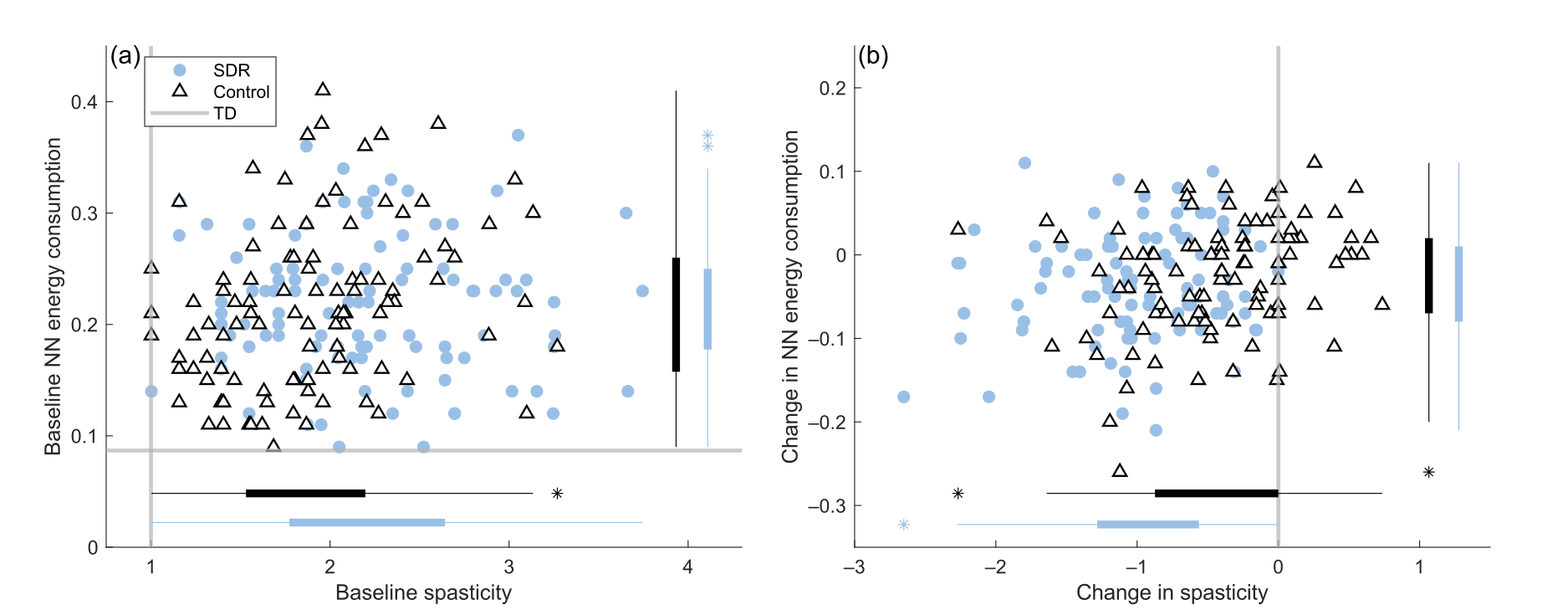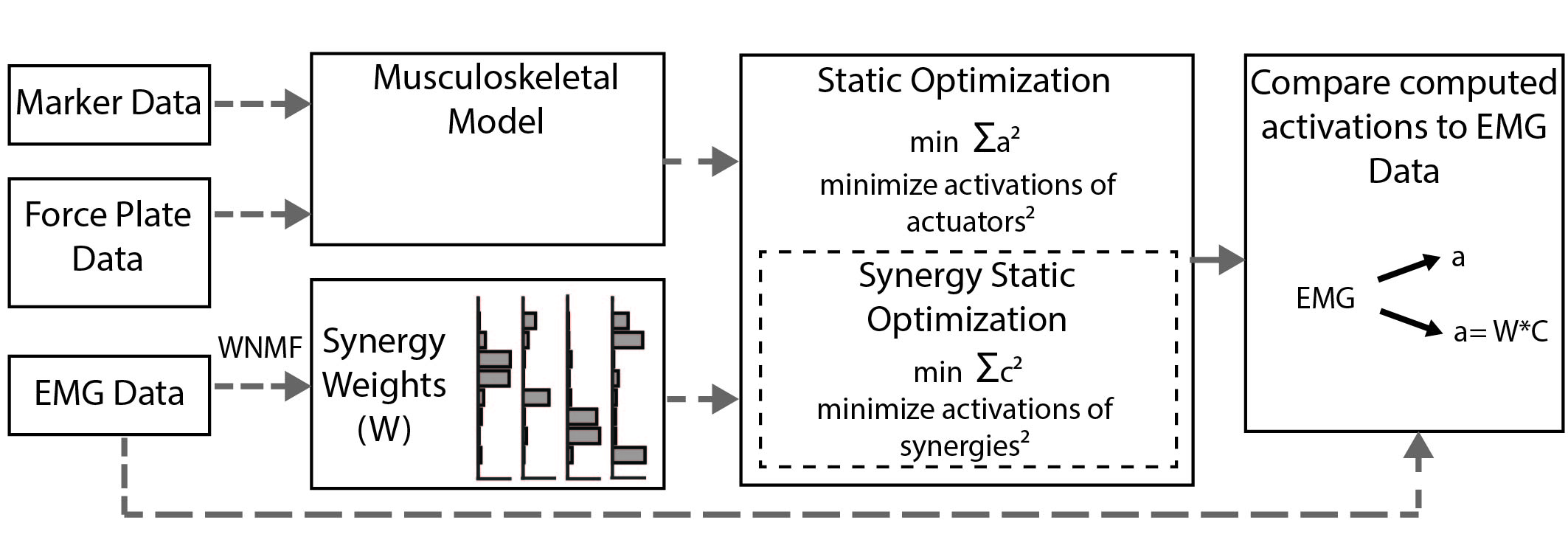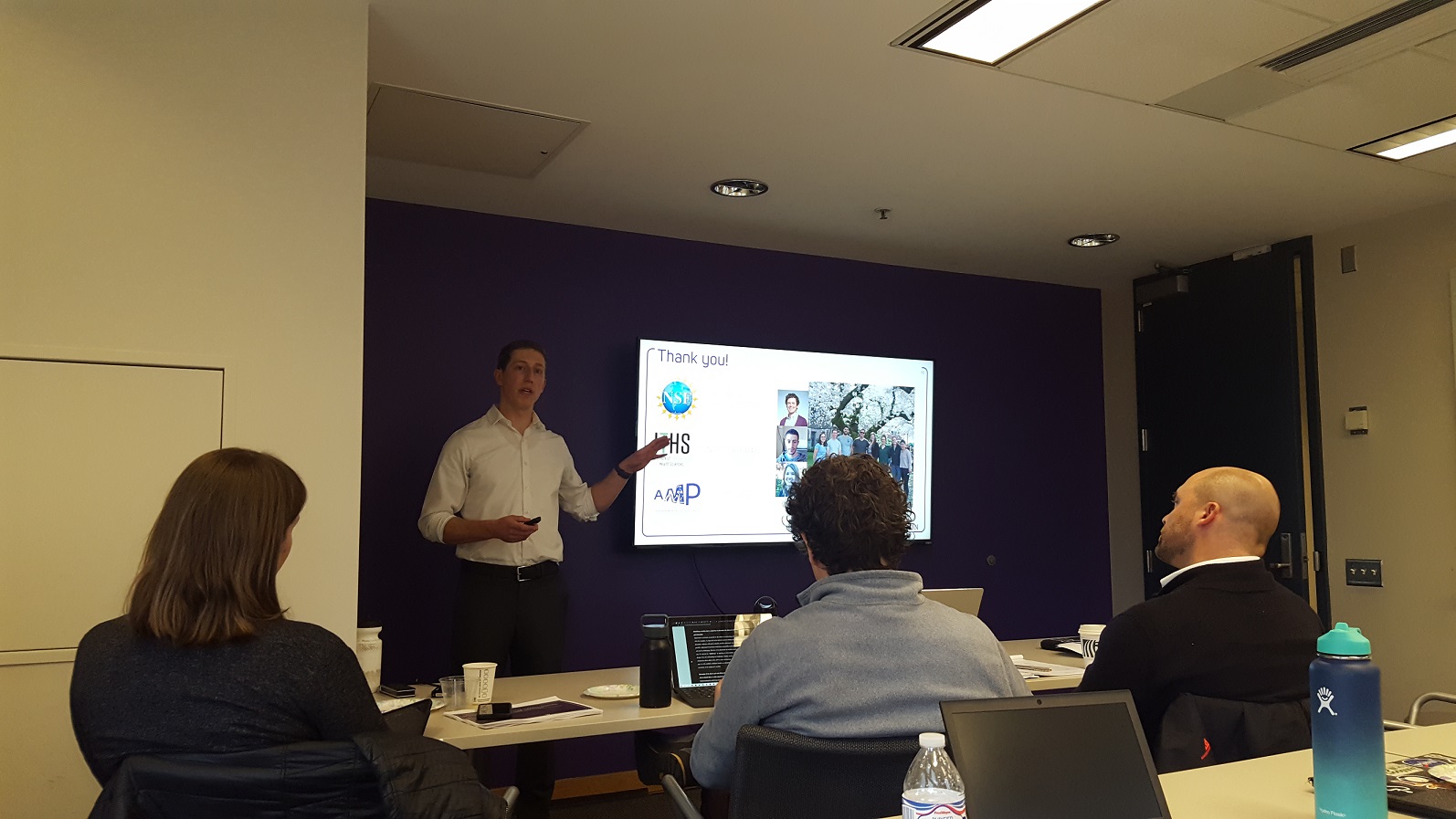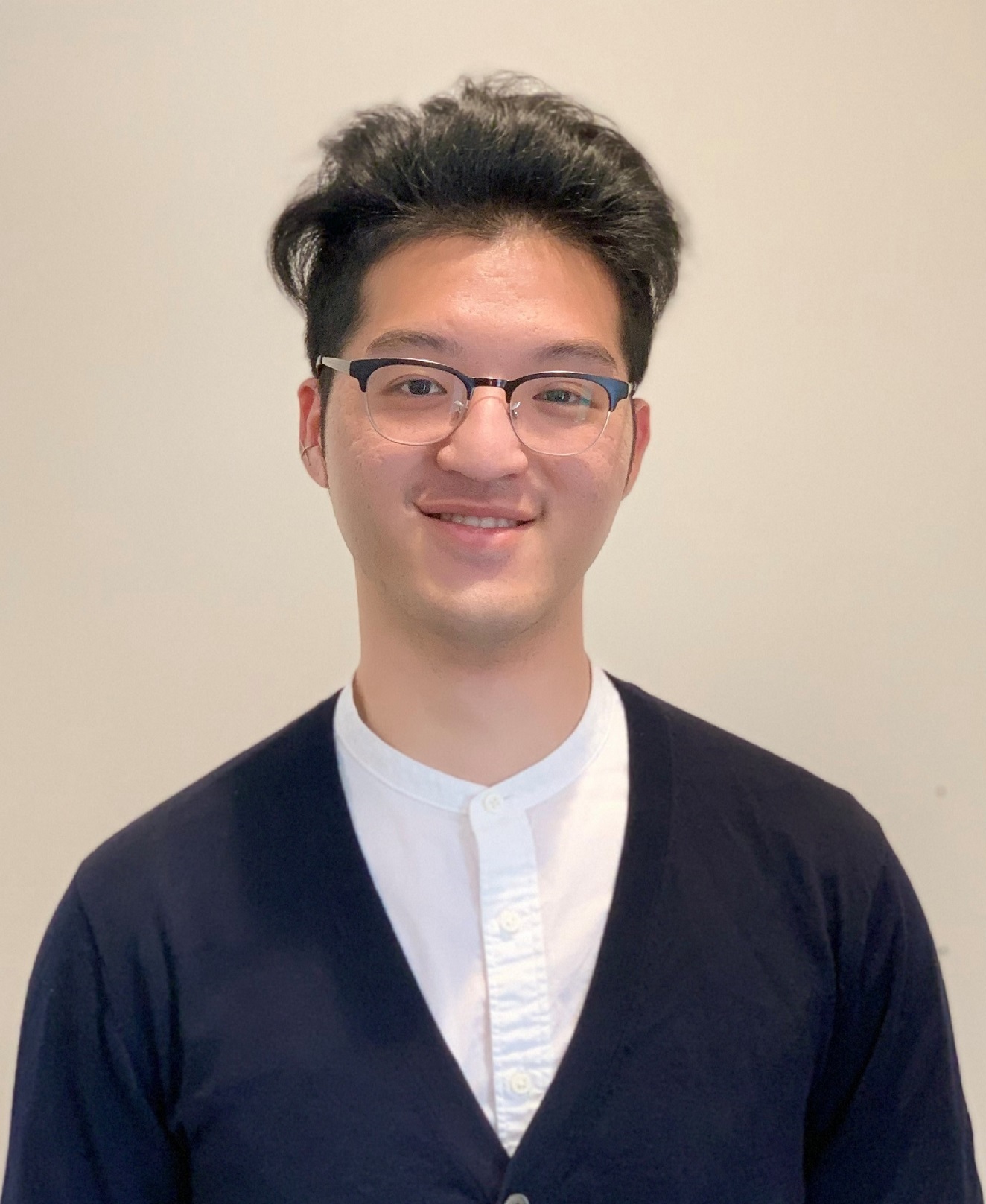Journal Article in Developmental Medicine & Child Neurology:
This retrospective analysis demonstrated that energy consumption is not reduced after rhizotomy when compared to matched controls with cerebral palsy.
Aim: To determine whether energy consumption changes after selective dorsal rhizotomy (SDR) among children with cerebral palsy (CP).
Method: We retrospectively evaluated net nondimensional energy consumption during walking among 101 children with bilateral spastic CP who underwent SDR (59 males, 42 females; median age [5th centile, 95th centile] 5y 8mo [4y 2mo, 9y 4mo]) compared to a control group of children with CP who did not undergo SDR. The control group was matched by baseline age, spasticity, and energy consumption (56 males, 45 females; median age [5th centile, 95th centile] 5y 8mo [4y 1mo, 9y 6mo]). Outcomes were compared at baseline and follow‐up (SDR: mean [SD] 1y 7mo [6mo], control: 1y 8mo [8mo]).
Results: The SDR group had significantly greater decreases in spasticity compared to matched controls (–42% SDR vs –20% control, p<0.001). While both groups had a modest reduction in energy consumption between visits (–12% SDR, –7% control), there was no difference in change in energy consumption (p=0.11) or walking speed (p=0.56) between groups.
Interpretation: The SDR group did not exhibit greater reductions in energy consumption compared to controls. The SDR group had significantly greater spasticity reduction, suggesting that spasticity had minimal impact on energy consumption during walking in CP. These results support prior findings that spasticity and energy consumption decrease with age in CP. Identifying matched control groups is critical for outcomes research involving children with CP to account for developmental changes.





